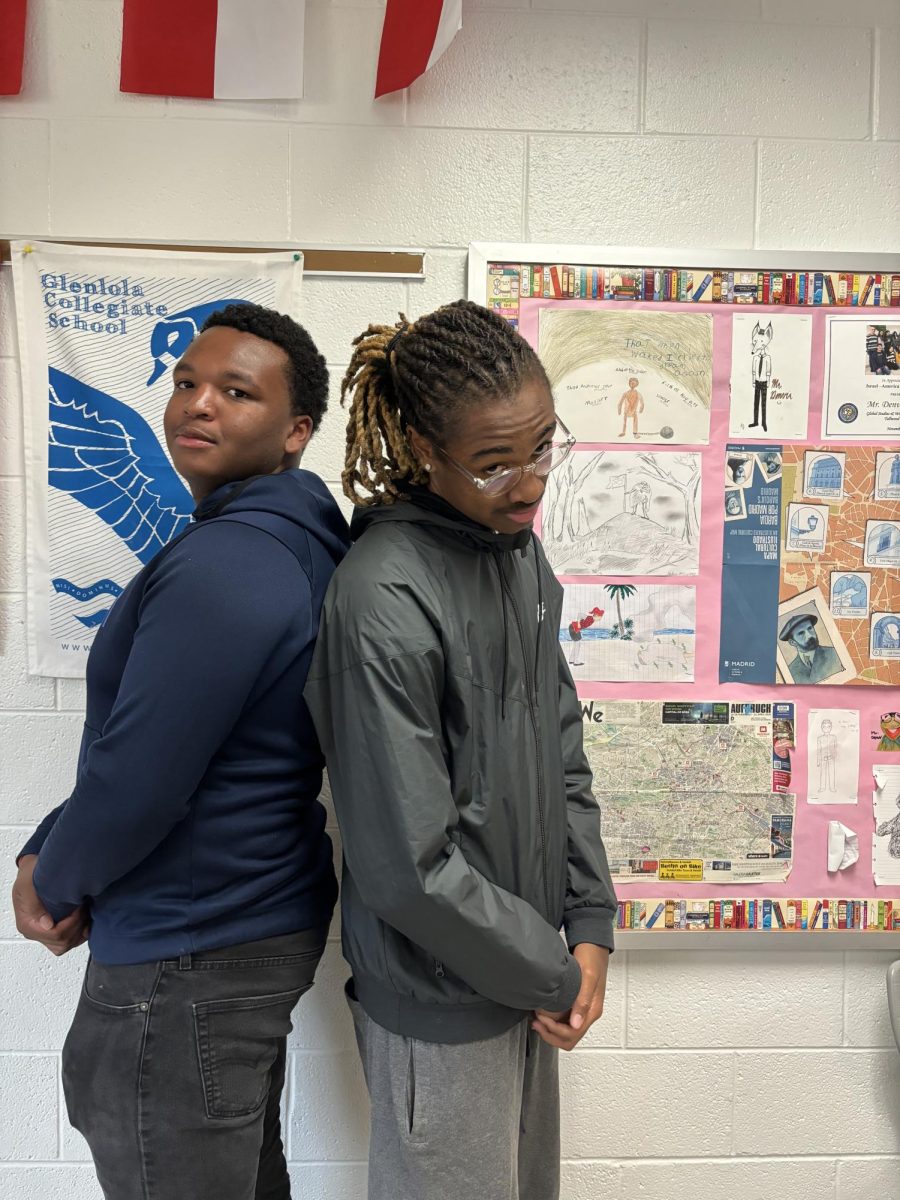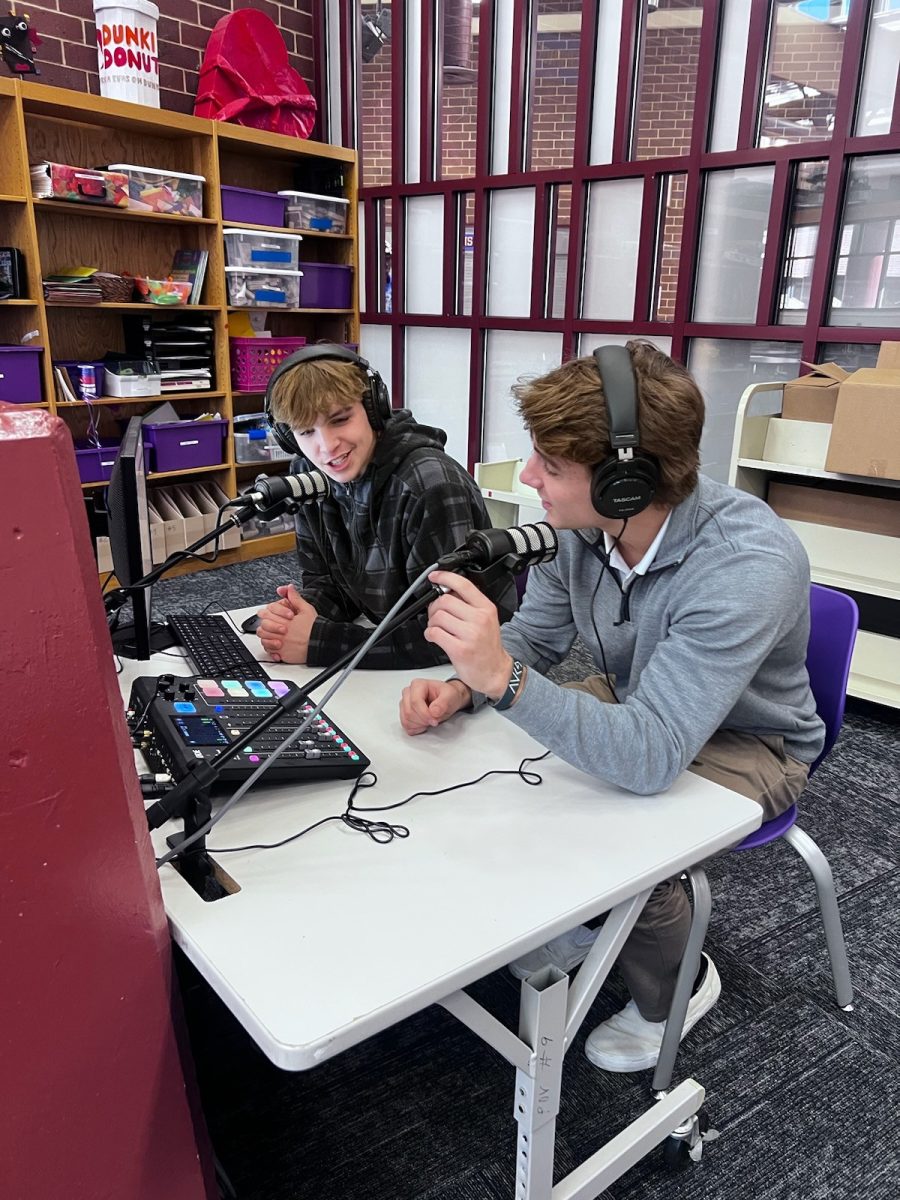Most high school seniors have been playing sports for thirteen years. We have been playing sports with no extra breaks for too long, and it’s time for a change.
In our sophomore year, we had a home soccer game against Salem; it was the middle of the second half, and we were exhausted and needed a sub. Unfortunately, we had limited subs at the time, and due to little energy, we lost the game four to one.
What is one thing student-athletes look forward to while trying to win their game? Defeating opponents, out-scheming other players or teams, or showing you are ruthless and showing others you have that “dog” in you. While this may be true, student-athletes can’t give one hundred percent of their energy every play during the game because eventually throughout the game the players get tired, and that’s when things tend to fall apart the most. The one thing athletes can give one hundred percent of the time is effort One thing that can help student-athletes become more successful in games and more dominant in their quarters, halves, or innings is giving them more water/nutrition breaks.
During sporting events, student-athletes should have more breaks to recover and regroup. Millions of students around the country play some sort of sport, whether it’s football, basketball, soccer, softball, baseball, etc. All athletes want to perform well and be successful in whatever sport they do. Also, sports teach you life lessons and will help you learn teamwork with other peers. Most importantly, sports have rewards by winning the games; you may earn some recognition at your school depending on how well you do.
Student-athletes need more time to recover because playing a sport is very mentally and physically demanding. For the mental side of the sport, you need to stay alert at all times and know what you’re doing. You must be active to know what is happening and help your team win. For the physical side of the sport, you need to have energy to go on play to play and try to defeat your opponent. As a young athlete, I used to think I had all the energy in the world. I’ve quickly realized that is not the case; student-athletes shouldn’t use all their energy on one play because it’s hard for them to conserve their energy for the whole game. However, having water breaks will give them more energy to get through being dehydrated and tired. Also, having nutrition breaks will help them refuel their bodies and help them get back to their respective games.
Additionally, having more breaks during a game will help the team refocus and stay on track to win. Playing in a long game will make it hard for an athlete to stay in the zone, “locked in.” Every athlete has been on a team engaged in a close back-and-forth game before and has been extremely tired. Having an extra water break or timeout will give that coach more time with the team to get them organized and encourage the players. Also, having an extra break when tired will help athletes slow the game down and help them get that extra breath. This helps them make better and more logical decisions to win the game. Having an extra break during clutch time, at the end of the game, will be very beneficial.
Finally, having more breaks will not only help athletes reach their goals in games, but it may also help them find more ways to become better team players and master the game. With more breaks, student-athletes will make better plays and play much more smoothly than they would otherwise. Having more breaks may help coaches make better calls and plays, and having more breaks can help coaches communicate better. Having more breaks during sports games will not only help the players and coaches regroup themselves, but it will also help them fix any mistakes.







